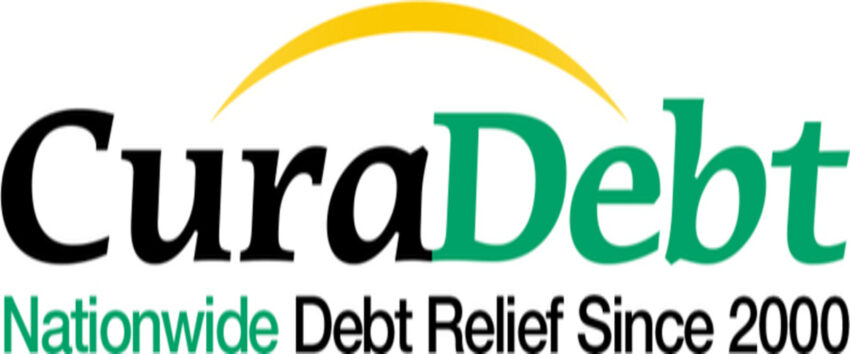Debt settlement is the process of negotiating with creditors to reduce overall debts in exchange for a lump sum payment. A successful settlement occurs when the creditor agrees to forgive a percentage of the total account balance.
Normally, only unsecured loans that are not secured by real assets like homes or cars or other property, can be settled. Unsecured debts include medical bills and credit card loans or debts; but not public student loans, auto financing or mortgages. For the debtor, the settlement does make obvious sense: they avoid the stigma and humiliation involved in intrusive court-mandated controls of bankruptcy while still lowering their debt balances, sometimes by more than 50%. For the creditor, they regain trust that the borrower intends to pay back what he can of the loans and not file for bankruptcy (in which case, the creditor risks losing all monies owed).



